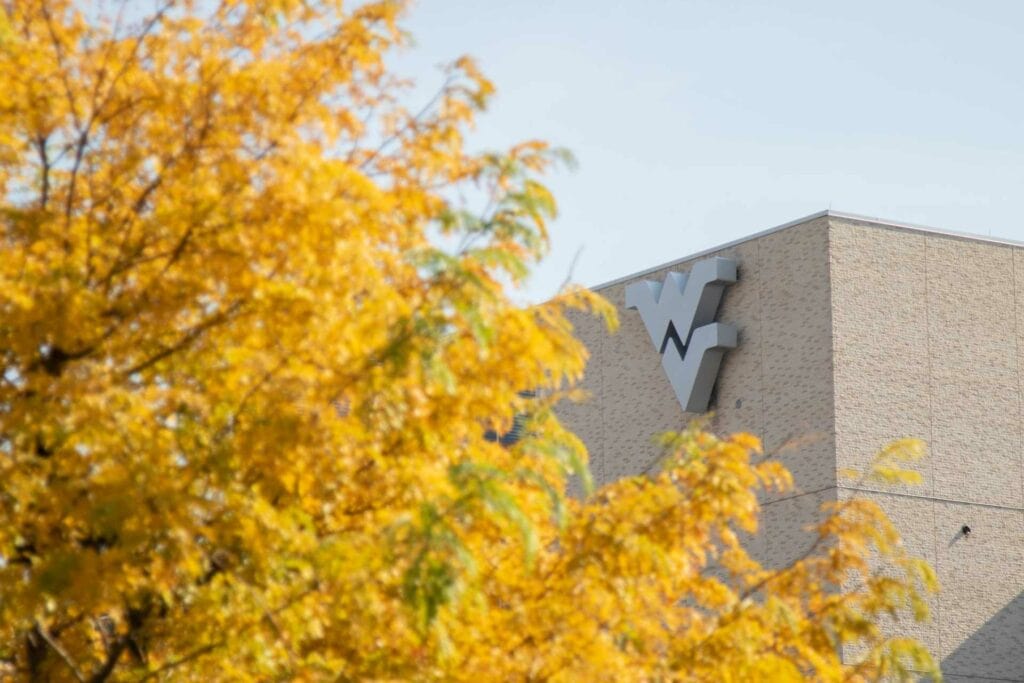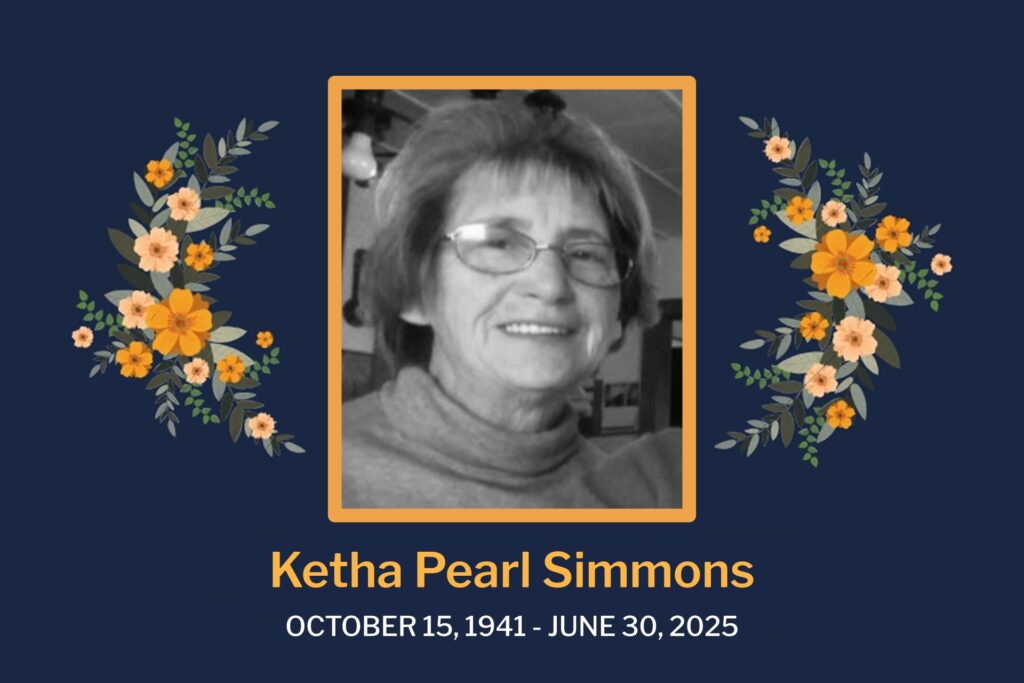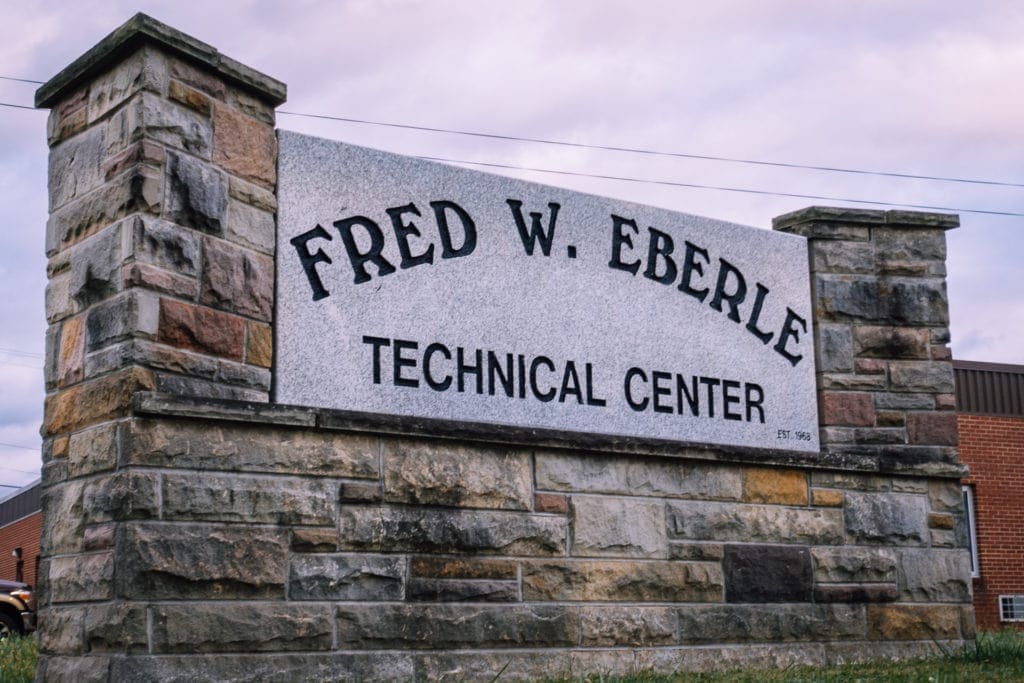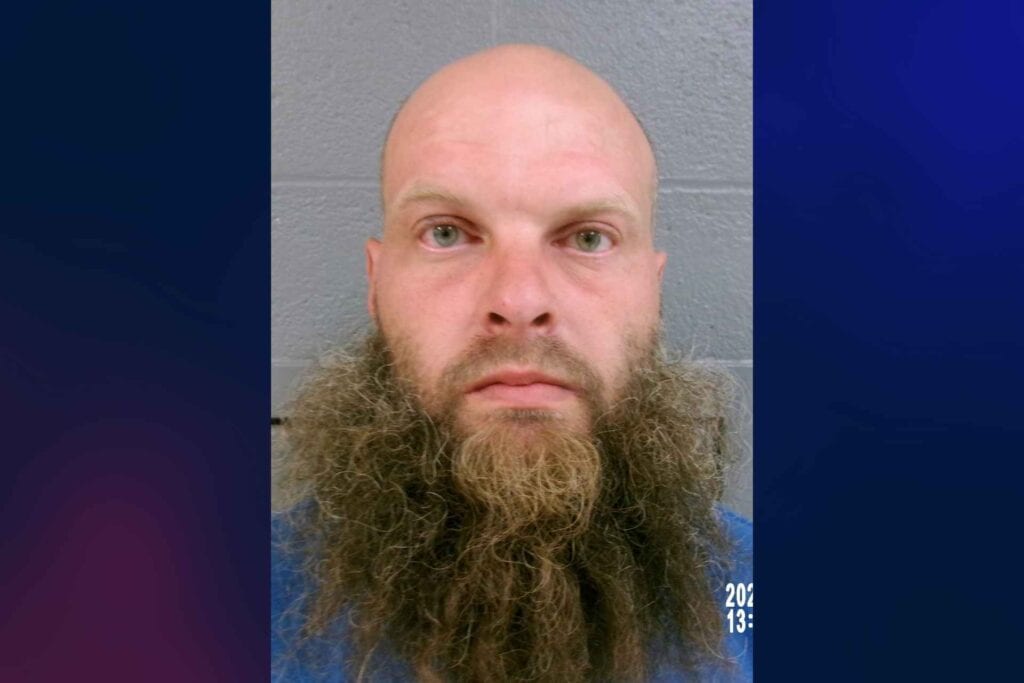While most people go years without needing the smoke detectors in their homes, they would never choose to get rid of a device that saves lives and prevents injury in the event of an emergency. But that’s often what happens to public health systems across the country.
Dr. Christopher J. Martin, professor for the West Virginia University School of Public Health, calls it the “paradox of public health.”
“When everything is going well, you get this false sense of complacency and security, and you dismantle public health systems,” Martin said. “‘Why do we need contact tracers? Everything is good here.’ … We need to think about our public health infrastructure like a smoke detector. We need to build it up and understand that we have to maintain it, perhaps for a prolonged period of time, even when it appears unnecessary. It really is our smoke detector for the next outbreak.”
School of Public Health efforts to help track the spread of COVID-19 through contact tracing, mapping, wastewater monitoring and more played a pivotal role in West Virginia’s response to the pandemic. Yet, work by faculty members also emphasized the need for public and private investments in research, training and infrastructure to ensure better delivery of health care and save lives in the future.
‘Learning on the fly’
At the onset of the pandemic, Martin and others recognized the need to train volunteers in contact tracing – a basic tool of public health surveillance used to help contain disease for the past century.
Martin worked with faculty members and administrators at WVU, a collaborator at Johns Hopkins University and the West Virginia National Guard to develop one of the nation’s first online training courses in contact tracing. The course, which launched in May 2020, was open to Guard members and others assisting health agencies in the pandemic response, as well as community volunteers interested in making a difference. More than 200 people statewide completed the course, exceeding West Virginia’s anticipated need for contact tracers, before it closed last fall.
Martin said the lack of generalized training in contact tracing reflects a broader need for more formal training in public health statewide. He noted that there are only a few board-certified public health specialists in West Virginia – including Dr. Jennifer Lultschik, who oversees WVU’s public health residency program.
Martin said the residency program launched after WVU secured a $1.77 million Preventive Medicine Residency Award from the federal Health Resources and Services Administration in May 2018, one of 17 such awards in the country. As the only program of its kind in the Appalachian region, private investments are needed to help the public health residency program grow. Meanwhile, increased salaries and resources – funded by state and local dollars – will help attract qualified candidates for public health job opportunities statewide.
“We don’t have any physicians who are formally trained in public health at any level of our state public health infrastructure, so everybody – all the county medical directors, all the state people – they’re learning on the fly,” Martin said. “Not that those people haven’t done a fantastic job, but I think there’s a broader need to train people for those positions and to invest in them more.”
Dr. Jeffrey Coben, dean of the School of Public Health, said WVU is also working to establish a public health training center, which would provide enhanced credentials, continuing education and the latest information for professionals working in the field. However, additional support – from public and/or private sources – is needed to implement the program with the University’s statewide partners.
Responding in real time
Other COVID-19 tracking efforts within the School of Public Health have involved mapping, modeling and monitoring. As these efforts yield important results and offer valuable insights, they create opportunities to enhance health care delivery by addressing areas for improvement and building upon research discoveries.
“I’m trying to show folks the hot spots for coronavirus, or where we need more testing, or where we need vaccines,” said Brian Hendricks, assistant professor for the School of Public Health. “For me, it’s all about delivery of health care to respond to the needs of populations, and I think that’s what public health is largely about.”
As a spatial epidemiologist, Hendricks uses geographic data to identify health disparities related to risk and access to care. For instance, spatial analysis conducted early in the pandemic revealed a shortage of COVID-19 testing among communities of color and increased rates of testing and positivity in areas of food insecurity within West Virginia.
Hendricks also assisted in the development of statewide maps to track disease spread, based on infection rates and positive test results. He is now working with a team of researchers – in conjunction with the West Virginia Clinical and Translational Science Institute, headquartered at WVU – to model how people move from susceptibility to infection to recovery from COVID-19. He is also using mapping tools to study the overlap among people vaccinated against COVID-19 and hospitalization among those infected, to determine the degree to which vaccination can explain variation in hospitalization rates.
Hendricks noted that methods employed to study COVID-19 are applicable to other areas of public health that impact West Virginia, such as substance abuse and the spread of HIV/Hepatitis C. Available funding is crucial to ensure a timely response to public health threats like these and others.
“You’re trying to respond quickly if you’re trying to prevent an outbreak or you’re trying to get care to people that need it,” Hendricks said. “If you can’t roll something out quickly because there are too many hoops to jump through or you have to apply for funding and wait three months for it to come through, it will have less impact.”
Hendricks is co-investigator for a wastewater sampling project that demonstrated the power of readily available funds. With financial support from WVU, an interdisciplinary team of researchers launched efforts last year to identify trends in the spread of COVID-19 using wastewater samples. Their preliminary work on campus generated the necessary data to secure a $2.9 million grant from the U.S. Centers for Disease Control and Prevention and the West Virginia Department of Health and Human Resources, which has allowed the project to expand statewide.
Promoting public health
The scientific achievements made at WVU and beyond during the pandemic have demonstrated the impact of greater collaboration and investment in public health.
“This has been one of the most momentous times to be in science because of the push to solve the pandemic – because we don’t want the societal health care burden that this has created,” Hendricks said. “So, there’s been a flood of people just getting together to achieve a common goal, which is to prevent disease, hospitalizations and deaths.”
One example: A team of researchers at WVU – including Hendricks – earned a $1.5 million federal grant to head a consortium for centralized COVID-19 treatment and outcome data from eight states, including West Virginia. The consortium feeds into the National COVID Cohort Collaborative, developed by the National Institutes for Health.
That level of increased cooperation is not possible without continued support, including public and private investments. Joanna DiStefano, program manager for the Global Engagement Office at the Health Sciences Center, assisted Martin in executing the contact tracing course at WVU. She sees this moment in time as a critical turning point for public health.
“We have to do better in the future of strengthening our public health infrastructure and managing the peaks and valleys that we are inevitably going to experience in the future,” DiStefano said. “We know this now. I feel that it is more of a policy choice to ignore it at this point. We can really embrace it and take public health and lift it up, or we can set it on the back burner. We’re either going to go in a certain direction, or we’re not going to take the lessons learned at this point.”
Coben noted that the implications of that decision are far-reaching, as the impact of public health programs goes well beyond COVID-19.
“With COVID-19, we’ve seen the horrible consequences of this disease on our population, and we know that prevention efforts can ameliorate that,” Coben said. “But those types of efforts apply to many other areas of public health, whether it’s smoking, substance use disorders or safe driving. We benefit the entire state when we take a preventive approach and get ahead of them, rather than trying to treat people after they’ve become ill or injured. We’ve got so much great talent in West Virginia, so many great people to build this state. We’ve got to keep them healthy in order to do that, and the best way to do that – from a public health perspective – is to prevent illness and injury.”
To explore opportunities to support the School of Public Health, contact Tiffany Walker-Samuels at tsamuels@wvuf.org or 304-293-8604. All gifts are made through the WVU Foundation, the nonprofit organization that receives and administers private donations on behalf of the University.













